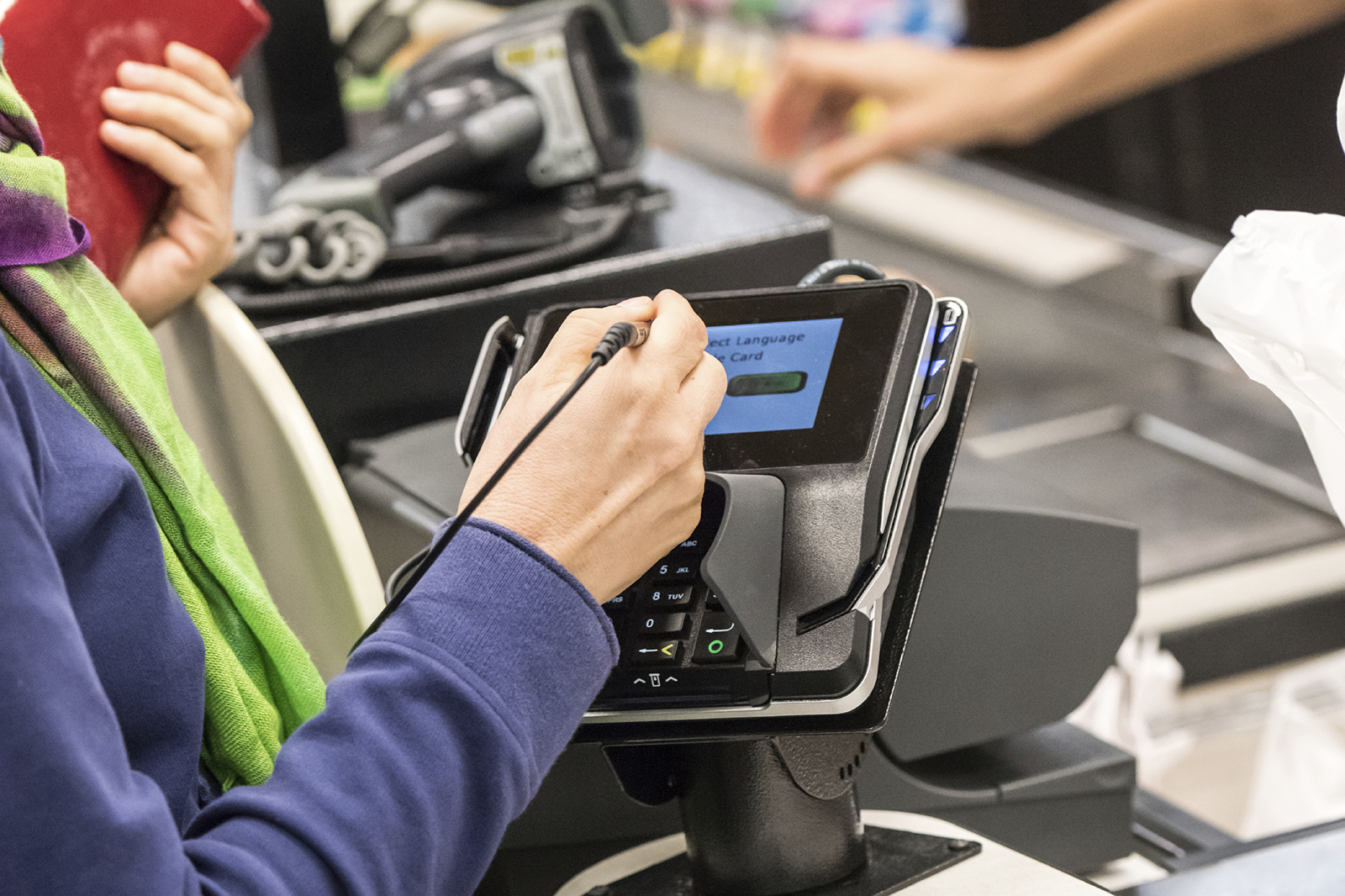Following Equifax’s announcement earlier this month that data from 143 million people – almost half the U.S. population – had been compromised in a security breach, consumers across the country are undoubtedly concerned about the long-term impact of the attack. Hackers were able to access key personal information, such as birth dates and social security numbers. Even consumers in the United Kingdom and Canada may have been affected. Whether your information was breached or not, there are steps you can take to safeguard your identity and your credit before and after an attack.
Here are four ways to protect yourself:
#1 – Monitor Your Credit
Equifax set up a dedicated website, EquifaxSecurity2017.com, following the latest breach. By clicking on the “Potential Impact” tab, you can enter your last name and the last six digits of your social security number to determine if your information was included in the breach. Even if the website informs you that your information is not included, Equifax is offering one year of free credit monitoring that you can register for as soon as you check to see if you were compromised.
Fill out a simple form and Equifax will send a confirmation email for you to finalize registration. The free service includes monitoring of all three credit reports, a copy of your Equifax report, Credit Report Lock, $1 million in identity theft insurance and the scanning of suspicious sites for your social security number. There’s also a bevy of legitimate credit monitoring services available for those who no longer trust Equifax with their personal information.
#2 – Check Your Credit Report
Federal law allows you to receive one free credit report each year, and you can access your reports from all three credit bureaus through AnnualCreditReport.com. Although the free report will not give you your credit score, it will provide you with information on all accounts that have been opened in your name. This is a vital tool for identifying fraud and stopping it before it ruins your life.
If there are accounts that you do not recognize, visit the Federal Trade Commission’s Identity Theft website to learn what to do next. Even if your information was not included in the security breach at Equifax, you should obtain an annual copy of your credit report for your own protection.
#3 – Freeze Your Report
A credit freeze makes it harder for accounts to be opened in your name and blocks anyone from accessing your credit report, including creditors. Since a creditor will need to see your report to issue credit, this prevents thieves from obtaining credit in your name. You may need to show identification when you make a purchase on credit and you may be unable to apply for credit online without providing additional proof that you are who you say you are, but a credit freeze is the best way to keep unauthorized people from taking out credit in your name.
If a credit freeze seems too intrusive for you, ask the credit reporting agencies to add a fraud alert to your file. This indicates that you may have been the victim of identity theft, which will spur creditors into taking extra steps to make sure it’s actually you when you apply for credit.
#4 – Monitor Bank and Credit Card Statements
Although fraud alerts and credit freezes can prevent criminals from taking out new credit in your name, they will not prevent thieves from using your current credit accounts against you. Instead of checking your bank and credit card statements monthly, make it a habit to check them weekly. Almost every bank and credit card company offers online access to your account, so take advantage of easy online access to make sure your credit is not being compromised. The sooner you catch suspicious activity, the better.
Income Tax Fraud
In March 2016, the IRS reported that it had discovered more than 42,000 fraudulent income tax returns, claiming $227 million in refunds. Almost 80 percent of those returns were not processed, indicating that 20 percent of those returns may have been processed. Unfortunately, because the Equifax breach included social security numbers, it is possible that a criminal may use your SSN to file a fraudulent return.
One way to combat this type of fraud is to file your taxes early. If you discover that someone has fraudulently filed your taxes, contact the IRS immediately. The IRS has established protocols to help you if you are the victim of tax fraud. You may be assigned an Identity Protection PIN (ID PIN), a unique six-digit number assigned annually to anyone who is the victim of tax identity theft. The IRS will also work with you to resolve the matter as quickly as possible and will investigate the identity theft. In 2013, there were 298 indictments of tax identity theft.
These tips can help protect you whether or not your information was part of the Equifax security breach. Unfortunately, security experts claim that this breach, unlike those involving credit cards alone, could cause issues for consumers for many years. That makes it all the more important to remain vigilant and continue checking your credit report and statements often for the next several years.

 Is Your Credit Report Safe? For Half the Country, Maybe Not
Is Your Credit Report Safe? For Half the Country, Maybe Not  How Safe Are Websites?
How Safe Are Websites?  How to Remediate After Data Breach Occurs
How to Remediate After Data Breach Occurs  What to do if your email is hacked
What to do if your email is hacked  Identity Theft
Identity Theft  Data Security Breaches
Data Security Breaches  Financial Information Breach
Financial Information Breach  Credit Card Breach
Credit Card Breach